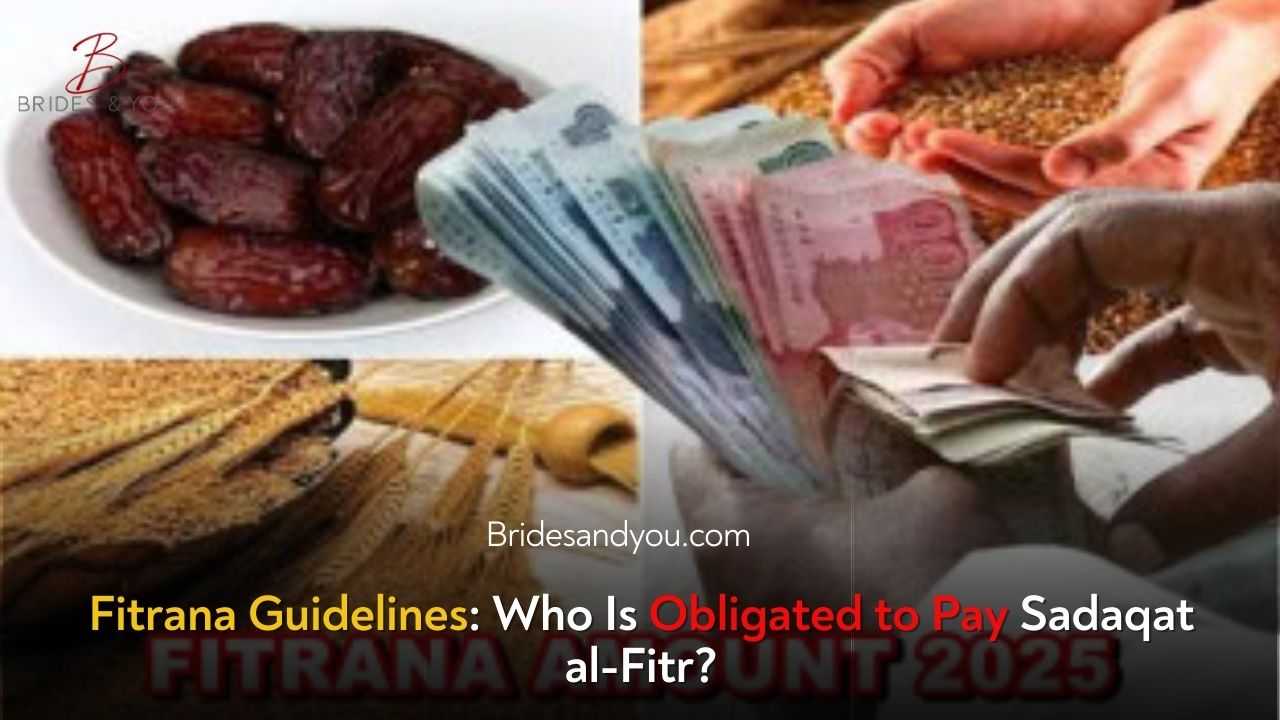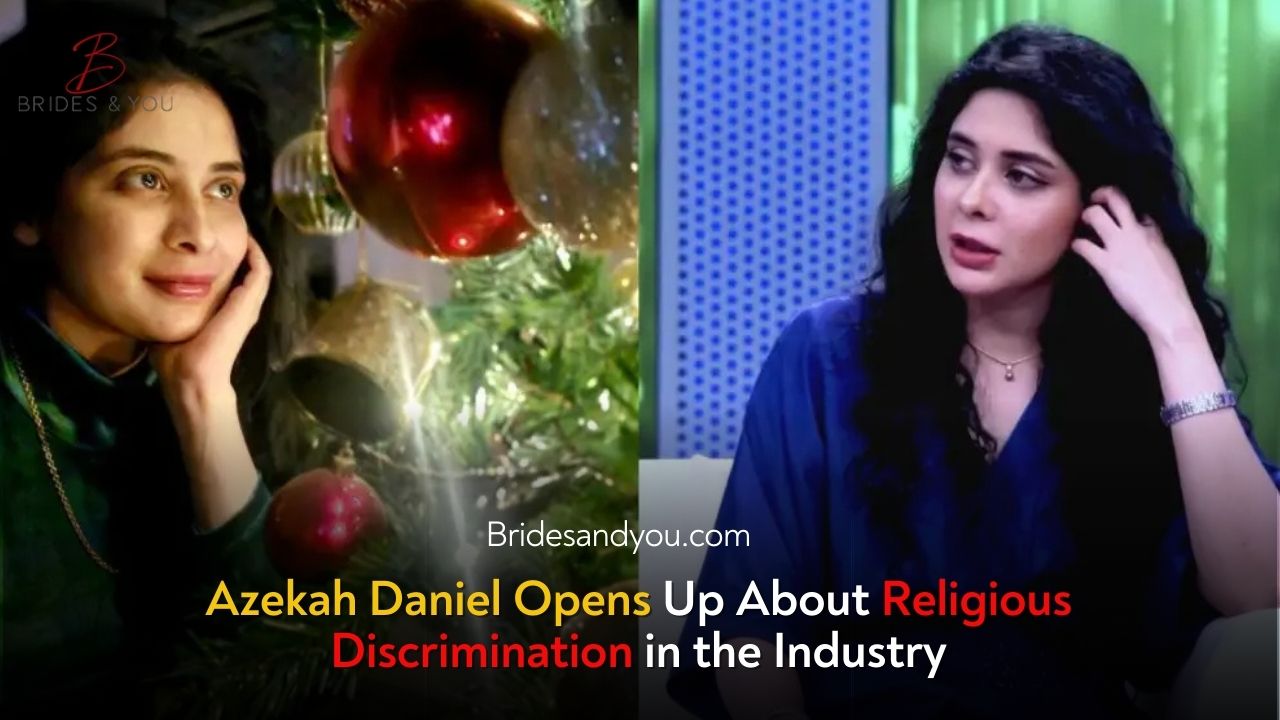Now Reading: Fitrana and Fidya Values for 2025: Who Should Pay and When?
-
01
Fitrana and Fidya Values for 2025: Who Should Pay and When?
Fitrana and Fidya Values for 2025: Who Should Pay and When?

As the sacred month of Ramadan draws to an end and Eid-ul-Fitr approaches, Muslims around the world are reminded of their charitable obligations—Fitrana and Fidya. These forms of charity hold significant importance in Islamic teachings and serve as a means to support those in need. Understanding their purpose, payment criteria, and the correct time to fulfill these obligations is essential for every practicing Muslim.

What is Fitrana and Who Should Pay It?
Zakat al-Fitr, commonly known as Fitrana, is a mandatory charity that every Muslim, regardless of age or financial status, must pay before the Eid prayer. It is a small amount given to the less fortunate so that they too can partake in the joys of Eid.
Fitrana becomes obligatory for any Muslim who possesses wealth exceeding their basic needs, even if they are not liable to pay Zakat. Parents or guardians are responsible for paying Fitrana on behalf of their children. The essence of this charity is to purify one’s fasts from any shortcomings and enable the underprivileged to celebrate Eid with dignity.
When Should Fitrana Be Paid?
Fitrana must be paid before the Eid-ul-Fitr prayer. It is highly recommended to fulfill this obligation well in advance during Ramadan to ensure that those in need receive it on time. Delaying the payment beyond the Eid prayer is discouraged, though it remains obligatory.
Understanding Fidya and Its Payment Criteria
Fidya is a compensatory charity given by individuals who are unable to fast due to valid reasons such as chronic illness, old age, pregnancy, or breastfeeding. Instead of making up for missed fasts, they provide Fidya to feed a needy person for each fast missed.
The Quran emphasizes the importance of Fidya, allowing those who cannot fast to contribute toward feeding the poor. This not only helps the less fortunate but also ensures that individuals who are unable to observe fasting can still partake in the spirit of Ramadan.
When Should Fidya Be Paid?
Fidya can be paid before or during Ramadan, but it is preferable to do so before Eid-ul-Fitr. It can be given in the form of food or its equivalent monetary value, depending on one’s financial capacity and convenience. Many Muslims opt to donate Fidya through charitable organizations, local mosques, or online platforms to ensure proper distribution.
Fitrana and Fidya Amounts for 2025
Renowned Islamic scholar and former Chairman of the Ruet-e-Hilal Committee, Mufti Muneeb-ur-Rehman, has announced the minimum values for Fitrana and Fidya for 2025:
- Fitrana: The minimum amount per person is set at Rs240.
- Fidya: The value per missed fast varies based on the food type:
- Wheat flour: Rs240
- Barley: Rs700
- Premium dates: Rs4,000
- High-quality raisins: Rs6,400
Individuals with higher financial means are encouraged to contribute according to their capacity, ensuring greater support for the needy.
Kaffara: Compensation for Broken Fasts
In cases where a fast is intentionally broken without a valid reason, Kaffara (expiation) must be paid. This involves feeding 60 needy individuals with two meals per person or making a financial contribution equivalent to their meals.
The Importance of These Charitable Contributions
Fitrana and Fidya are not mere monetary obligations; they serve as a means to uphold the values of generosity, kindness, and social responsibility in Islam. These charitable donations help bridge the economic divide, ensuring that everyone can partake in the celebrations of Eid.
As Ramadan comes to a close, let us fulfill our obligations by paying Fitrana and Fidya on time, earning rewards while supporting those in need.










